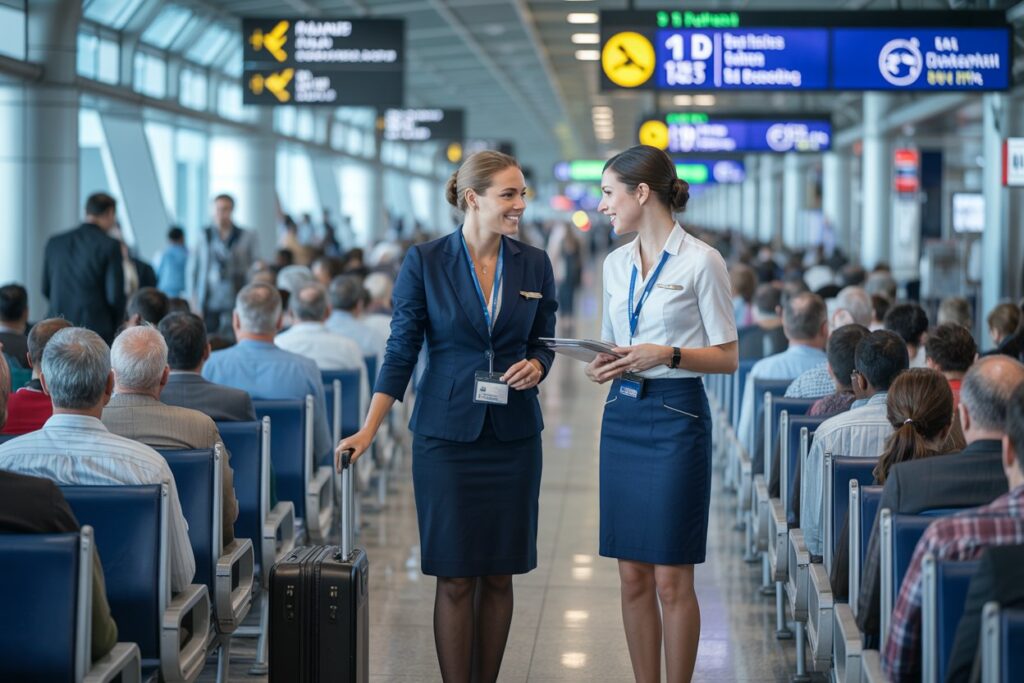Published on
October 19, 2025
An incident on a Delhi-bound flight has ignited widespread discussions about professionalism, behavior in public spaces, and the expectations placed on highly educated individuals. A 25-year-old IIT-Bombay alumnus, traveling from San Francisco to Delhi, reportedly became heavily intoxicated during the flight and urinated on himself, causing considerable discomfort to other passengers. This incident has prompted a reflection on societal standards and the responsibilities of well-educated individuals in maintaining decorum in public settings.
The Incident: In-Flight Misconduct
The long-haul flight, originating from San Francisco and destined for Delhi, spanned approximately 16 hours. During the journey, the IIT-Bombay alumnus reportedly consumed a significant amount of alcohol. His behaviour during the flight became increasingly erratic, culminating in him urinating on himself, which led to discomfort and distress for those seated nearby.
Reports from fellow passengers and airline staff describe how the situation led to a temporary relocation of passengers, as the unpleasant odor from the urine made it unbearable for some. The incident quickly gained attention, sparking a conversation about passenger conduct, the regulation of alcohol consumption on flights, and the broader expectations placed on individuals who are highly educated.
Public Reaction and Social Media Discussions
The incident quickly became a hot topic on social media platforms. On one hand, many expressed their disappointment, criticizing the individual’s lack of self-control, especially given the high level of education associated with institutions like IIT-Bombay. This has led to a broader conversation about how individuals with prestigious academic backgrounds are expected to conduct themselves not just in professional or academic settings, but also in public spaces, including during travel.
In particular, some individuals voiced concerns that such behavior undermines the reputation of alumni from prestigious institutions like IITs. As India’s premier engineering institution, IITs are globally recognized for producing highly intelligent professionals, and many argued that such an incident puts these institutions in a negative light. The actions of one individual, many felt, reflected poorly not only on themselves but on the broader IIT community, which is often regarded as a symbol of academic excellence and personal discipline.
On the other hand, a section of social media users defended the alumnus, pointing out that the focus should not solely be on the individual’s academic background but rather on the broader issue of alcohol consumption on flights. They argued that the airline should bear responsibility for better managing passengers’ alcohol intake during the flight. Some even pointed to the pressures of long-haul travel and the potential impact of stress, fatigue, and alcohol on passengers’ behavior, suggesting that it’s a systemic issue that needs addressing.
The Broader Implications of the Incident
This in-flight incident raises critical questions about the expectations placed on highly educated individuals in public life. There is often an unspoken assumption that academic success is directly tied to impeccable personal conduct, but this event suggests that such a correlation is not always accurate. While academic achievement is undoubtedly valuable, it does not guarantee responsible behavior in all circumstances, particularly in social or public situations.
The reaction to this incident also emphasizes the need for a more comprehensive understanding of professionalism, one that encompasses not just intellectual accomplishments but also emotional intelligence and the ability to manage oneself in challenging situations. It’s essential to recognize that professional behavior includes self-regulation, empathy, and an understanding of one’s role in maintaining the comfort and safety of those around them.
Moreover, the incident highlights the ongoing challenges airlines face in managing passenger behavior, especially regarding alcohol consumption. Alcohol can impair judgment and lead to disruptive behavior, and many airlines have strict policies in place to prevent excessive drinking. However, this incident raises the question of whether current measures are sufficient to prevent such disruptions. Airlines may need to reassess their alcohol policies, including stricter enforcement and perhaps more proactive measures to intervene if a passenger is exhibiting signs of intoxication.
Cultural Expectations and Personal Responsibility
The incident also shines a light on cultural expectations in India and the broader South Asian context. In many cultures, including India, education is often viewed as the ultimate tool for upward mobility and respectability. Highly educated individuals are expected to uphold high standards of behavior and represent their institutions and communities with dignity. This expectation is especially true for those from institutions like IIT, where students are groomed for leadership roles in society.
However, this incident serves as a reminder that no matter how prestigious one’s education or background may be, personal behavior in public spaces matters just as much. It also reflects a shift in how younger generations perceive public conduct, as they may face increasing pressure to balance personal freedom with societal expectations.
Conclusion: Moving Forward
The incident involving the IIT-Bombay alumnus raises important questions about personal responsibility, public behavior, and the expectations placed on educated individuals in society. While it is easy to criticize a single individual’s actions, it is important to consider the broader issues at play, such as the regulation of alcohol on flights and the pressures of long-distance travel.
As society continues to evolve, it is essential to rethink how we view professionalism and the responsibilities that come with education. The expectation of impeccable conduct should not just apply to academic settings but to all areas of life, including travel and public spaces.
Ultimately, this incident serves as an opportunity for reflection and change, prompting both individuals and institutions to reconsider the ways in which education, personal conduct, and societal expectations intersect. It is hoped that such incidents will lead to greater awareness, improved policies, and a more holistic understanding of what it means to be professional in all aspects of life.


